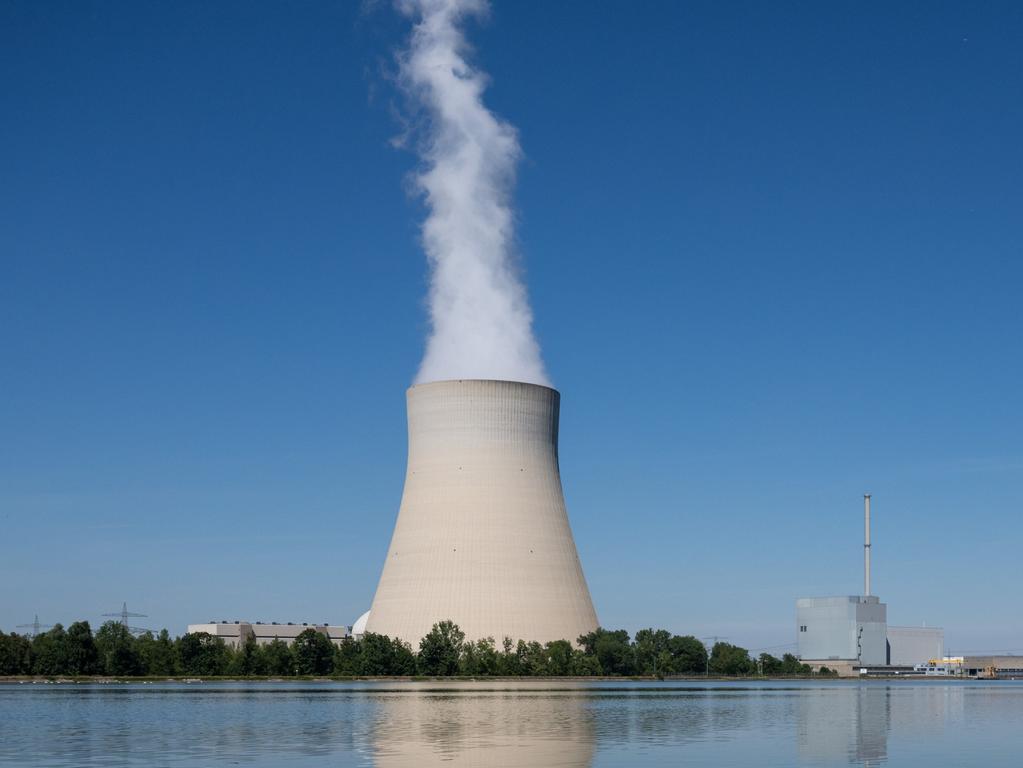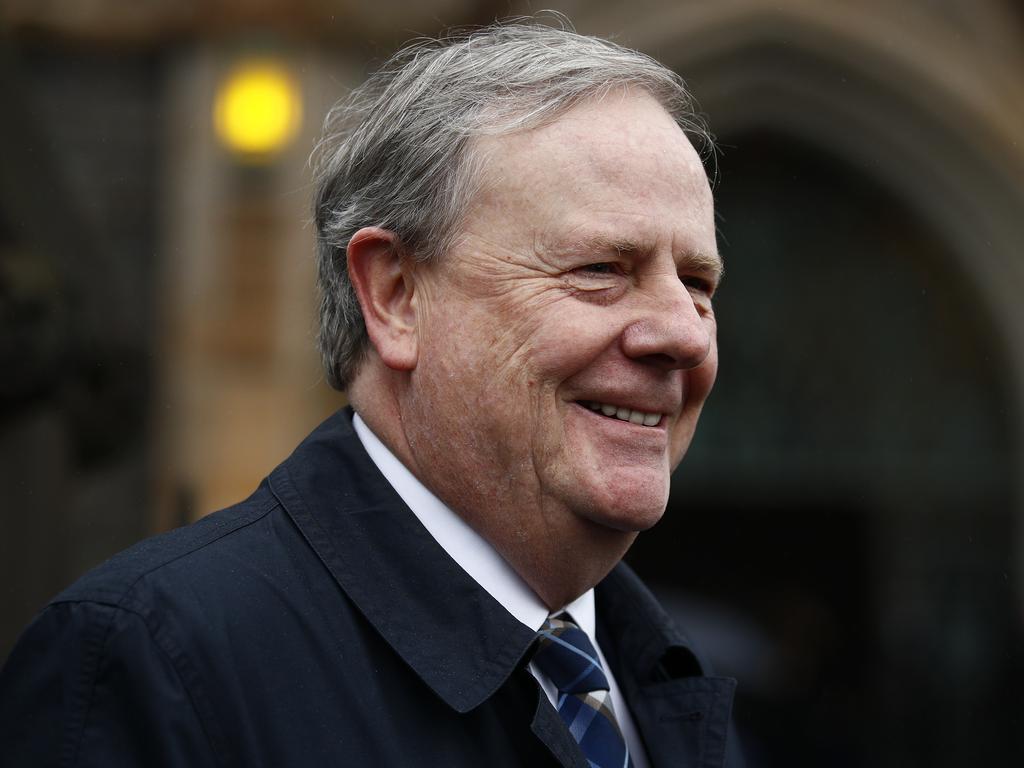
NSW Premier Chris Minns was right to ensure Eraring kept operating for at least the next two years. An assured supply of reliable baseload power was necessary to keep the lights on. This was a key message for a successful energy transition. Meeting targets should not be at the expense of affordable and reliable power, all day, every day.
It’s not the objective of a net-zero economy that’s in dispute, but the means to achieve that goal. Over the next decade we will lose 90 per cent of our baseload capacity when coal exits the system. If you accept a First World economy can’t be powered by intermittent renewables, it leaves only two proven baseload options: gas and emissions-free nuclear.
Instead of an orderly plan to replace coal’s lost capacity, we get mixed messages. Labor remains conflicted about gas. Energy Minister Chris Bowen told the COP conference gas had no future and has rejected it as a “transition” fuel, though recognising it was “flexible”. When put to the test, however, he excluded “flexible” gas peakers from the Capacity Investment Scheme.
Labor’s Future Gas Strategy was short-lived. In the face of opposition, legislation about offshore gas approvals was shelved. Victoria has banned gas connections in new dwellings, there’s internal divisions and preference deals at play for the election. Meaningful change remains problematic, even with gas shortages looming.
Until these differences are resolved, it’s a case of seeing is believing. Labor has been strident in opposing nuclear energy, despite its use in many countries.
At the COP conference many signed up to a Declaration to Triple Nuclear Energy by 2050, including the US, Canada, Japan, Sweden and the UK. Australia remains the only G20 nation with a prohibition on nuclear energy.
The ban is a brake on debate. No rational reason has been provided for maintaining an arbitrary prohibition. It infers that government knows what’s in our best interests, reinforcing a lack of faith in people’s ability to make considered decisions.

Having agreed to nuclear submarines, why not an open mind about nuclear energy as a possible long-term option? In the 40 years since the Chernobyl disaster, 33 countries are now using nuclear in their energy mix. Issues of cost, practicality, safety and waste would need to be subjected to rigorous and transparent testing and community input.
There are other serious problems emerging in the transition. In 2022 the AEMO identified five “urgently needed” transmission projects: HumeLink, Sydney Ring, New England REZ, VNI West and Marinus Link. Two years later, not one has received planning approval and Marinus is still under negotiation. This will affect energy reliability and raise further doubts about the targets
To achieve the 43 per cent emissions reduction target by 2030, we need to get to 82 per cent renewable energy in the grid; currently we’re 50 per cent short of that target. In 2023, as our bills went through the roof, emissions dropped by a mere 0.5 per cent. On any independent analysis Labor’s 2030 targets won’t be met.
There’s also problems with storage and firming capacity. The Snowy 2.0 saga continues. Florence is stuck again, casting doubt about the project’s completion this decade – if ever. Add the Hunter gas plant, due to open when Liddell closed. Twenty months on, its opening won’t be on Labor’s promised 30 per cent hydrogen mix, not even on gas, but diesel.
The gas pipeline and storage will still be under construction. It’s a gas peaker that can’t access gas 24/7, and unable to be converted to a hydrogen plant. This may have appeased the virtue-signallers, but not the public, who underwrite its costs, now up from $600m to $1.4bn. Labor’s promise that it would be running on 100 per cent hydrogen by 2030 is worthless.

The opposition’s costings must be produced and the Labor government should be transparent about its costs.
The minister told parliament the cost of transition would be $122bn. He used that figure from the AEMO’s report, knowing it had excluded other substantial costs, including “the cost of commissioned, committed or anticipated projects”. This refers to many transmission projects, costing additional billions, which will flow on to our power bills.
There will be no respite from price hikes and growing queues of people in energy poverty. This was a serious breach of trust by the minister. Painting the supporters of nuclear energy as engaging in a culture war is not a winning strategy. It has the potential to further erode social licence for the transition.
Eraring was our canary in the coalmine. It’s time for a reality check and for the ban on nuclear to be lifted. The discussion should now focus on the best pathway to a successful energy transition that includes a mix of renewables underpinned by reliable baseload power. As always it’s good policy, not ideology, that makes for good politics.
Jennie George is former ACTU president and Labor MP for Throsby.







We are at a crossroad in our energy transition, where decisions will have lasting consequences.